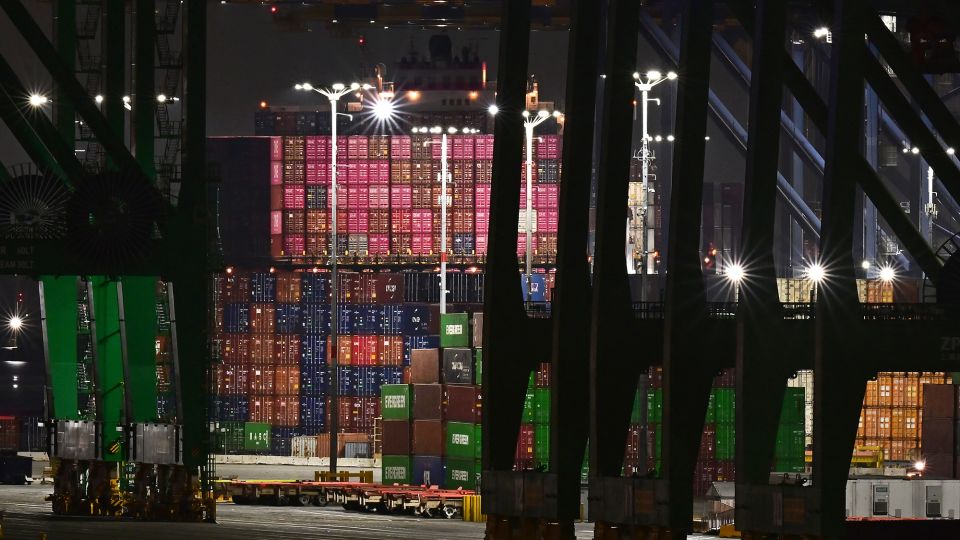In 2017, Christina and Ian Lacey decided to take a chance and leave their stable careers to turn their hobby into a small business.
The risk and hard work paid off. The Denver couple started Retuned Jewelry from their home and have seen impressive returns — averaging $360,000 in annual sales, most of which stemmed from frequenting music and art festivals.
Christina, a former dental assistant, and Ian, who previously worked in information technology, handcraft donated guitar and bass strings into earrings, necklaces and bracelets.
“We’ve worked 24/7 on this,” Christina told CNN. “This is our baby. We’ve pushed through burnout just to keep it alive.”
But all the hard work may fall to the wayside due to President Donald Trump’s 145% tariffs on Chinese imports, which accounted for nearly $440 billion in goods to the United States in 2024. While businesses of all sizes are impacted by tariffs, smaller operations — like Retuned Jewelry — are more exposed, according to John Arensmeyer, founder and CEO of Small Business Majority, an advocacy group that represents a network of 85,000 small businesses.
He said small businesses will have to raise prices, cut staff, delay growth plans or shut down entirely just to keep up with the rising costs of imports they can’t source domestically.
“Small businesses have thinner margins and less leverage to negotiate with suppliers,” Arensmeyer told CNN.
While the Laceys rely on free strings that otherwise would end up in landfills, the other materials they rely on — beads, chains, clasps and hooks — come from China. Ian said they’ve tried sourcing materials domestically, but those products simply aren’t made in the United States.
“We’ve looked,” he said. “There’s no facility here that makes what we need.” The Laceys have already raised prices on their products ahead of the tariffs.
Arensmeyer said small businesses usually don’t have the cash reserves to ride out unexpected price hikes. He said the tariffs amount to a crisis for small businesses, one where “they don’t have much control.”
For the Mitchell Group — a second-generation, family-owned textile company based in Niles, Illinois — the lack of cash reserves could have serious effects during production hiccups or other problems.
“Because of our business model, tariffs have put a serious strain on our cash flow,” said Ann Brunett, the company’s chief operating officer. “We typically keep goods on hand. So, I’m paying a 45% tariff — plus duty — to bring in products that might sit on a shelf until our distributors need them. That ties up our cash.”


